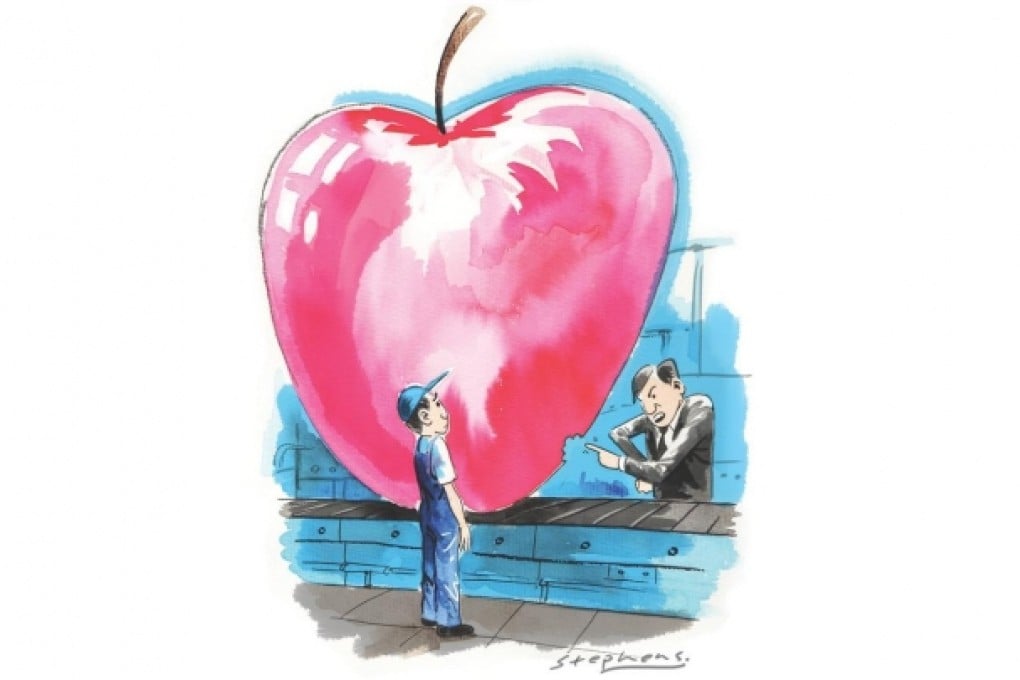Rising costs in China are not an excuse to exploit workers
Li Qiang says it is not just callous but in fact inaccurate to blame the departure of some multinationals from China on the modest wage rises for underpaid migrant workers

Consider this statistic: the wealth of China's 1,000 richest people is equal to that of all 263 million migrant workers combined. According to the 2012 Hurun Rich List, the combined wealth of China's 1,000 richest men and women equalled about US$860 billion, a 9 per cent drop from the previous year. Despite this, their combined wealth is still almost double that of 2008.
According to a report by the National Bureau of Statistics, there were 263 million migrant workers in China by the end of 2012. If they were to receive an equal share of the US$860 billion, each worker would get US$3,269. This is not far from the US$4,000 that the average migrant worker actually earns every year.
And let's not forget that in order to earn this US$4,000, workers are doing more than 100 hours of overtime per month. The vast majority are only earning the minimum wage, so in order to maintain a basic standard of living and send some money to their family back in their villages, they have no choice but to work long hours.
Some observers point out that migrants workers' average wages in 2011 rose 21 per cent from the previous year, but this is in the context of China's rapidly rising gross domestic product. While the GDP has climbed continuously upwards, workers' share of it has fallen. In 1983, they owned 56.5 per cent of the wealth, but in 2005, this figure was only 36.7 per cent. In contrast, the return on capital investment as a share of GDP grew by 20 percentage points from 1978 to 2005.
These massive changes are due, in part, to industrial restructuring. But at an even deeper level, these changes mirror an unfair distribution of income. Even among all working people in China, migrants are earning a much smaller share. In 2005, the average annual income of these workers was US$1,073, about a third of the average income of the urban workforce.
As the wealth gap widens, there will be both more millionaires and more migrants. The result is that workers are not enjoying a fair share of the fruits of economic development.
Research by Accenture Consulting in 2011 showed that labour costs occupy only a fraction of all costs associated with the products of multinational corporations. If labour costs increase by 30 per cent, the effect on company profit will only be 1 to 5 per cent, according to the report. Such low labour costs will absolutely not affect multinationals' decisions to keep manufacturing in China.